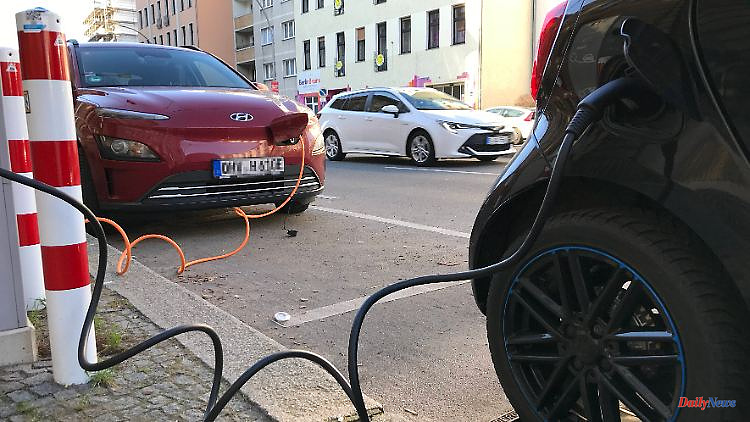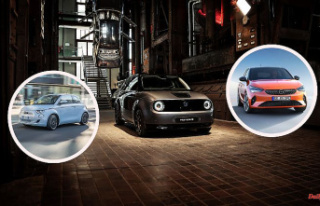E-cars are leaving other future technologies behind, manufacturers are concentrating more and more on them. But people still have reservations, mainly because of the high costs. Many do not even consider it desirable that they conquer the streets.
According to a survey, the battery car is met with major reservations in Germany. According to the Allensbach survey for the German Academy of Science and Technology, a majority is convinced that the electric drive will prevail in the next ten years, but only 22 percent think this is desirable. The academy announced. The circle for which the purchase of an e-car is fundamentally an option is stagnating at 23 percent. The main reservations are the purchase price, too few charging stations, expensive electricity and doubts about the environmental balance.
According to the survey, the car is indispensable for 72 percent of those surveyed. 47 percent use it daily and another 23 percent several times a week. The bicycle is used daily by 18 percent. In large cities, 30 percent see bus and train as a serious alternative. In villages, the proportion is 14 percent.
Despite the reservations about e-cars, the car manufacturer industry agrees: Battery cars will dominate the world market in the future. Many want to rely entirely on battery cars in the future. For industry expert Stefan Bratzel, for example, the most important argument against hydrogen cars is "the high energy consumption for the production of hydrogen". On the way from electricity to hydrogen and back to electricity, a large part of the energy is lost. Although hydrogen is well suited to storing excess electricity and can also be transported over long distances, “that is of course an advantage”. But "you also have to keep an eye on the costs," says Bratzel.
Eco-fuel (e-fuels) is also very electricity-intensive. Helmut Becker, former chief economist at BMW and head of the Institute for Economic Analysis and Communication, writes in his column for ntv.de: "E-fuels have a worse drive efficiency in combustion cars than electricity in electric cars (according to science, about 1:7) . From a purely business point of view, there is a high cost and competitive disadvantage. However, this only applies on the basis of a calculation with German electricity costs. If e-fuel production takes place with nuclear power or with green electricity from sun and wind in countries such as Qatar or Chile, E -Fuels already competitive with battery electric cars."
E-cars are also "the best in terms of environmental policy. They are the most climate-friendly." However, this only applies if they are operated with green electricity, for example from wind or solar systems.












